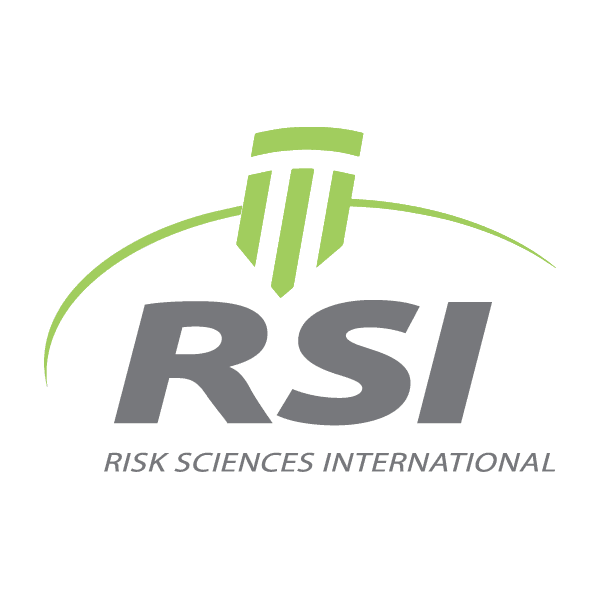Fine particulate matter (PM2.5) is one of the most harmful air pollutants, linked to respiratory illness, cardiovascular disease, and premature mortality. Arising from vehicle emissions, industrial processes, biomass burning, and natural events such as wildfires, PM2.5 penetrates deep into the lungs and bloodstream, posing serious risks even at low concentrations.
Managing PM2.5 is particularly challenging because sources are widespread, impacts vary by region, and exposure is often chronic. Vulnerable populations, including children, the elderly, and those with preexisting conditions, bear disproportionate health burdens. Governments must establish and enforce air quality standards, industries face pressure to reduce emissions, and communities demand cleaner air and greater transparency about risks.
Risk sciences contribute by integrating exposure data, epidemiological studies, and predictive modeling. These approaches help quantify health impacts, set evidence-based thresholds, and evaluate the effectiveness of interventions such as emissions controls or public health advisories. Clear, accessible risk communication is essential to help communities understand the dangers of PM2.5 and the protective actions they can take.
RSI is dedicated to advancing solutions for PM2.5 management, offering the expertise and experience needed to support health protection and policy development in this critical area.

